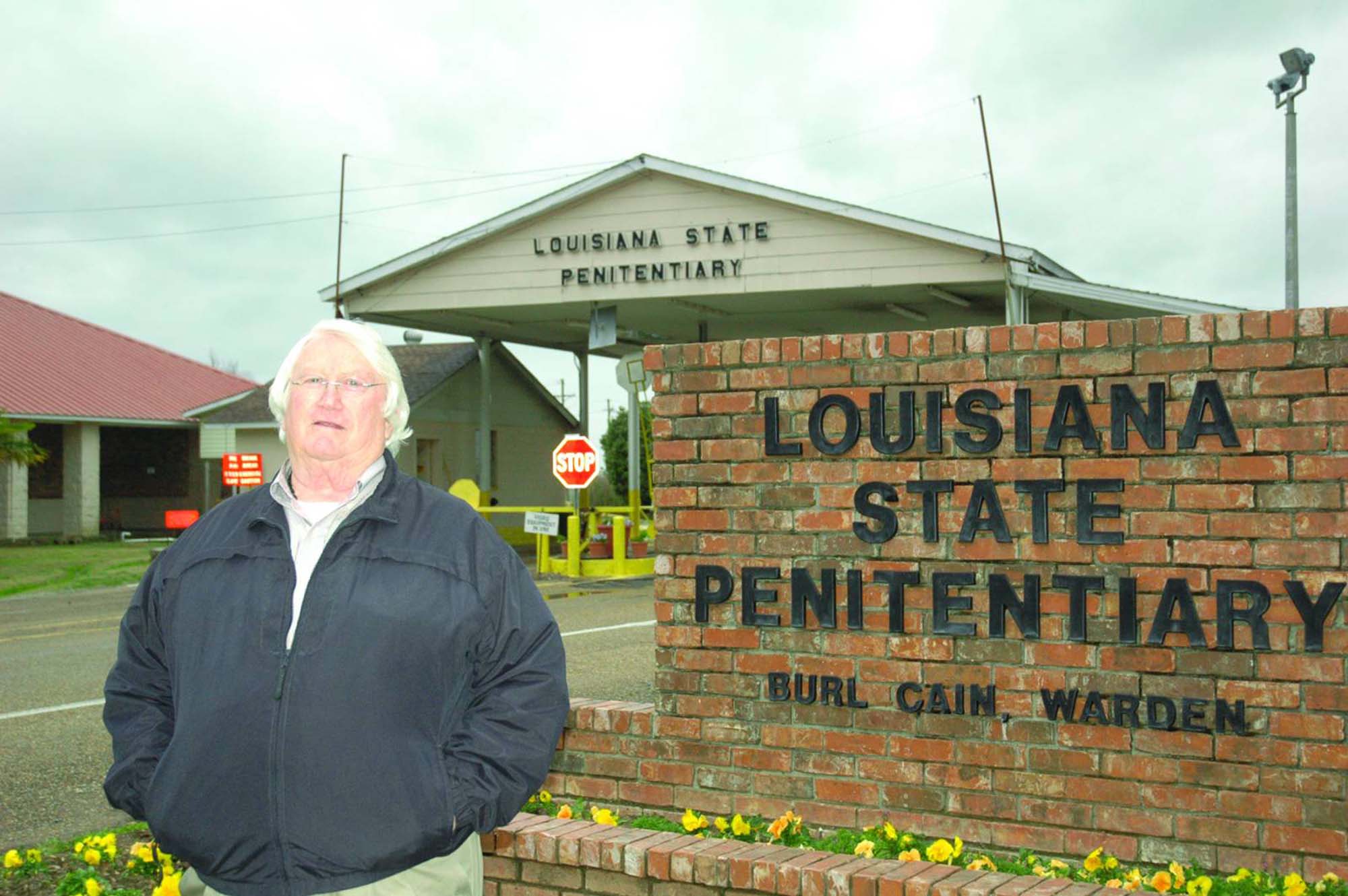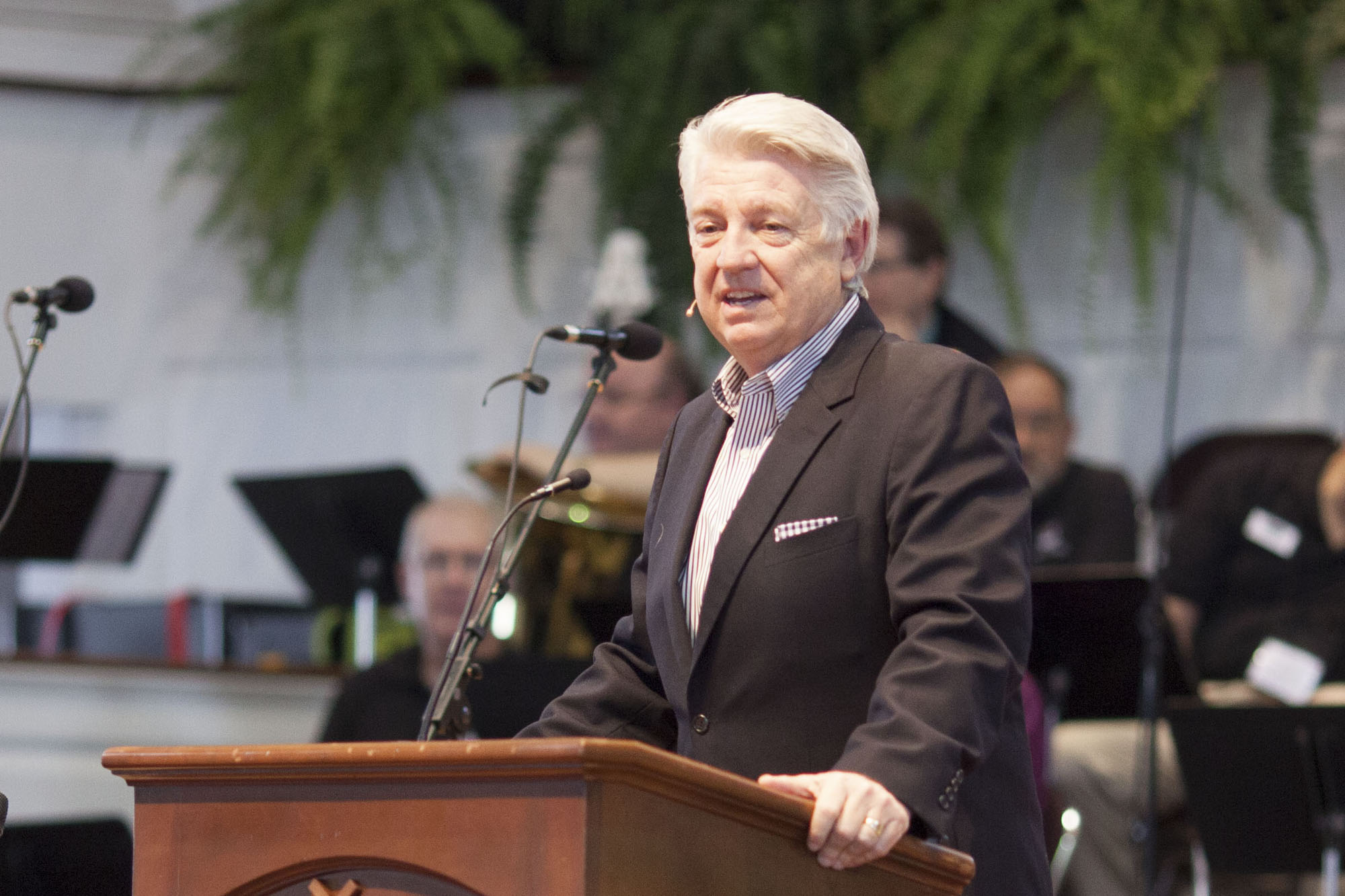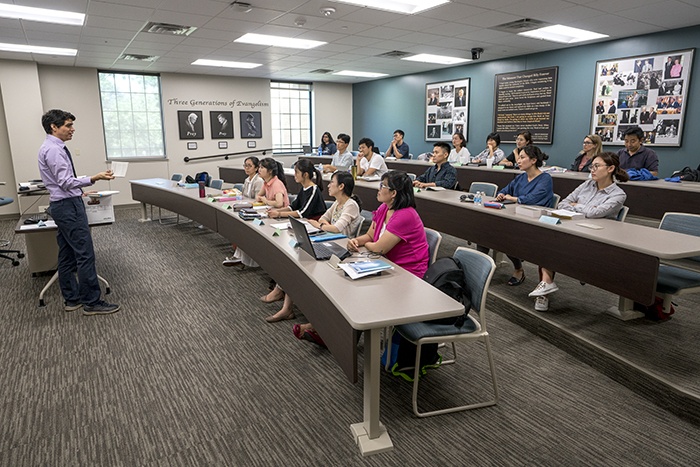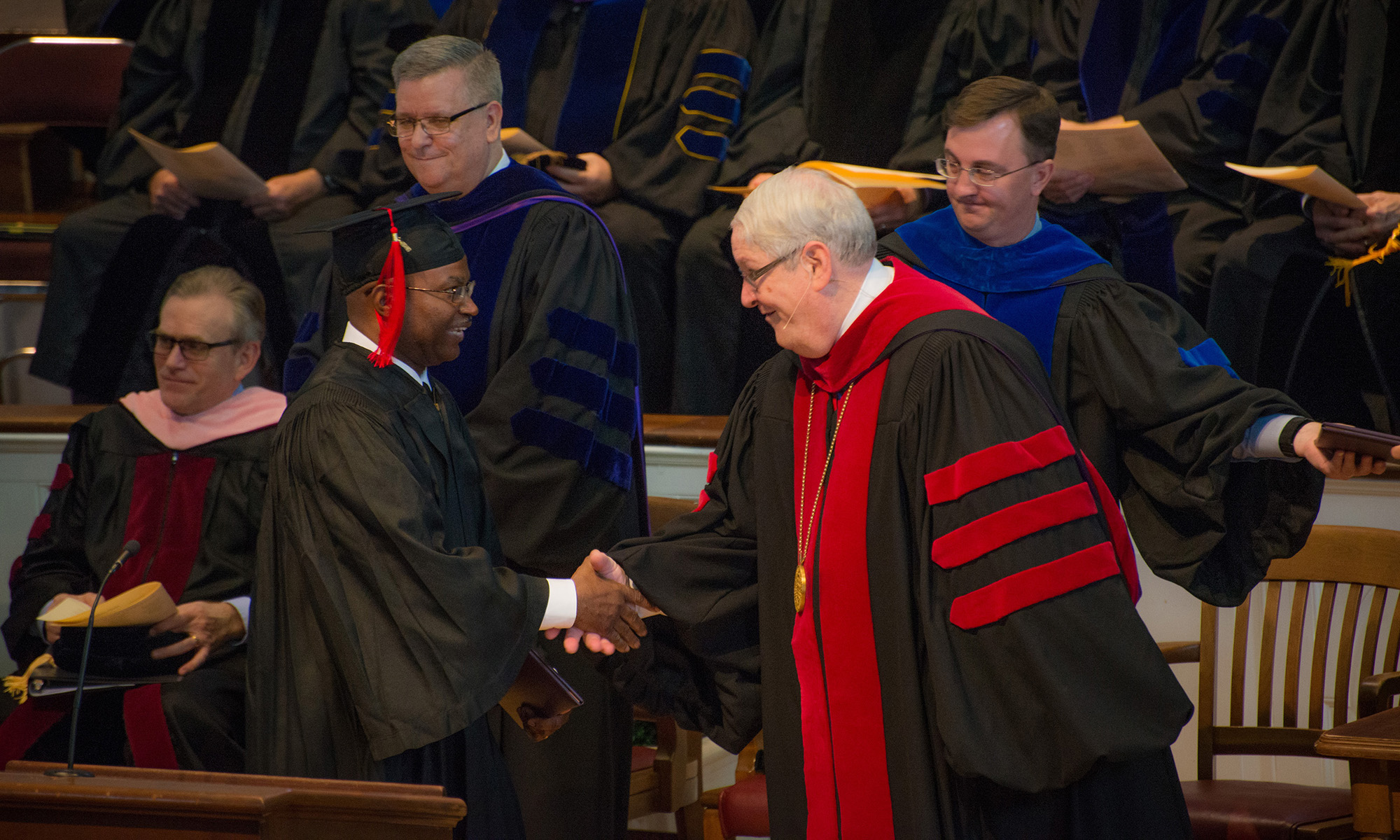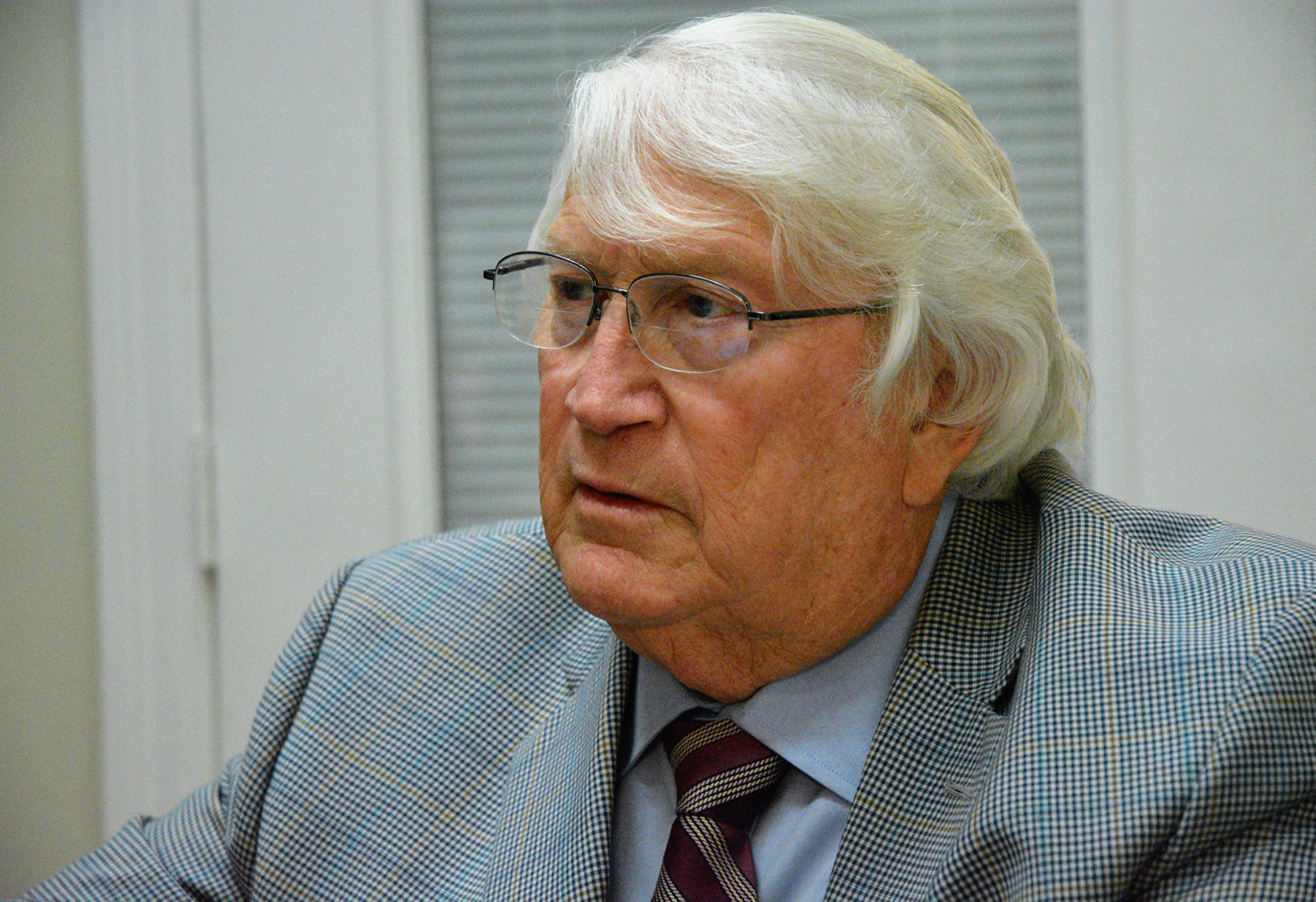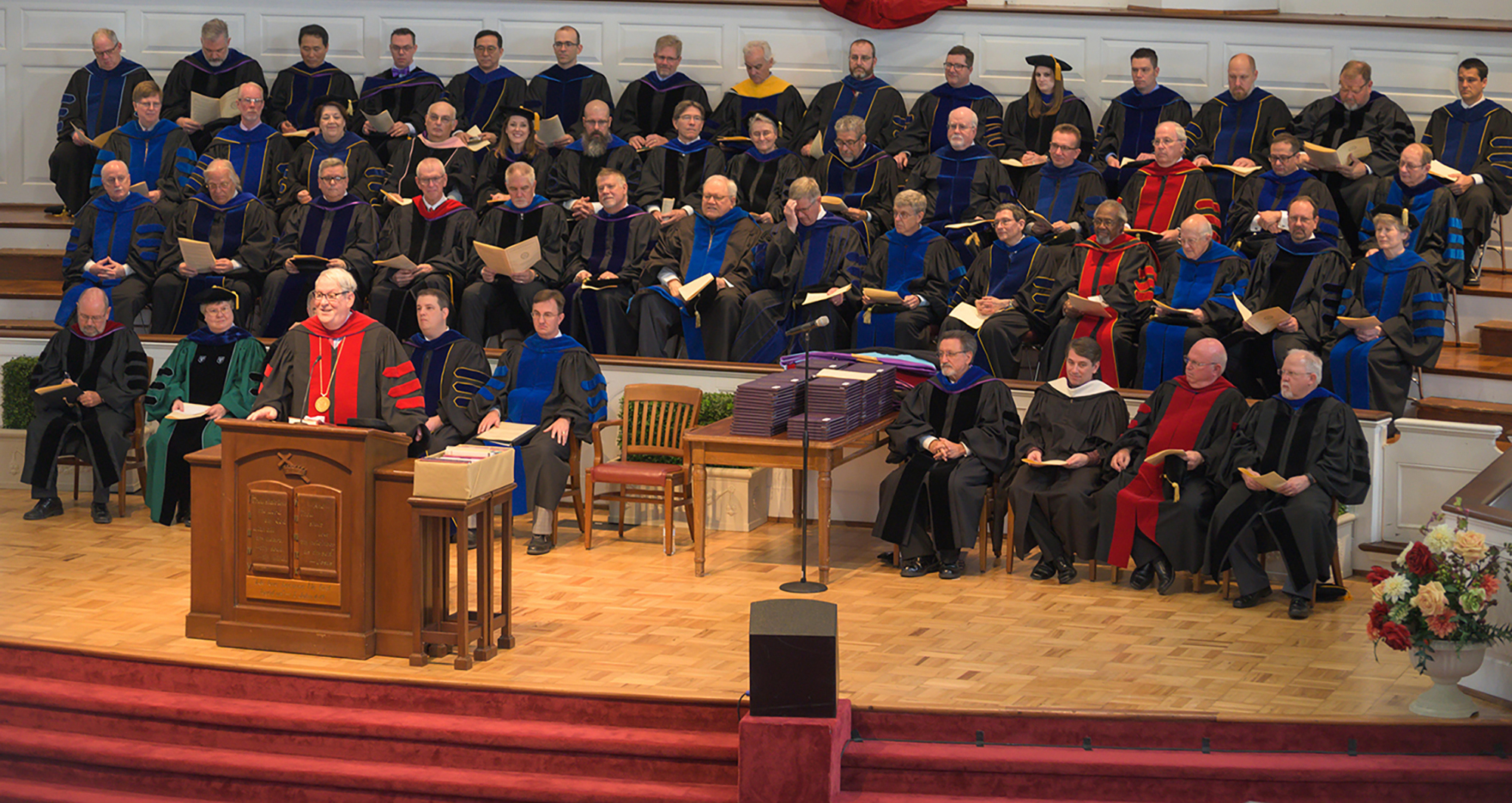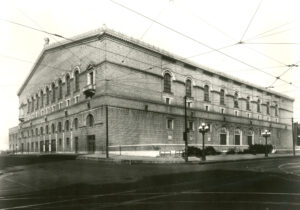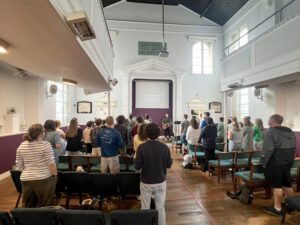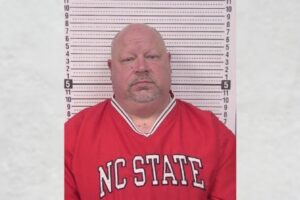
ANGOLA, La. (BP) — Burl Cain, known for a much-heralded transformation at the “bloodiest prison in America,” is retiring Jan. 1 after nearly 21 years as head of the Louisiana State Penitentiary at Angola.
Cain, 73, the longest serving warden of any prison in the United States, governed the sprawling 18,000-acre facility that sits next to the Mississippi River with a firm hand and a strong love for Jesus. Cain, a Southern Baptist, is quick to tell everyone it was Jesus Christ who pacified Angola.
As he prepares to leave his post, Cain said he wanted to share with Louisiana Baptists his gratitude for the role they played in making such a lasting change at the prison and in the lives of so many prisoners.
“Over the years it has been my pleasure to work with so many religious groups of all denominations who have offered their support to our efforts towards moral rehabilitation at Angola,” Cain said in a statement to the Baptist Message, newsjournal of the Louisiana Baptist Convention, after announcing his retirement during the week of Dec. 7.
“None have been more supportive than Louisiana Baptists,” Cain said.
“Those who have so generously offered their time and efforts truly have no idea the impact their contributions have made on the stability and security of this institution,” he said. “More importantly, they’ve had a profound impact on these men’s lives.”
With the help of New Orleans Baptist Theological Seminary, the Louisiana convention and numerous Baptist congregations and pastors, Angola now has eight churches on the prison’s grounds, daily Bible study and the yearly Angola Revival.
“I want to thank everyone from the bottom of my heart for the part they played in transforming this place from a facility of violence and despair to one of peace and morality,” Cain said. “I truly believe my legacy will not be in the bricks and mortar here, but in the hearts and lives of these men.”
Life-changing experience
Cain became Angola’s warden in February 1995 after serving as warden of Dixon Correctional Institute in Jackson, La., for 14 years. Just a few months at Angola, Cain participated in his first execution by lethal injection of an inmate convicted of murder. He planned to do his part in the procedure, nothing more, nothing less, feeling then that a successful lethal injection execution would be one that went according to plan without a hitch.
Thomas Ward had been sentenced to die for murdering his mother-in-law and Cain viewed him as little more than a criminal whom society had ruled should die for his crime.
“I didn’t worry about what he must have been experiencing in the hours before his death. I didn’t go to his last meal, and I didn’t share Jesus with him,” Cain later recounted.
When it was time for the court’s order to be carried out, Ward’s face was a mask of fear as the deadly fluids began flowing into his veins.
“There was a psshpssh from the machine, and then he was gone,” Cain said. “I felt him go to hell as I held his hand.
“Then the thought came over me: I just killed that man. I said nothing to him about his soul. I didn’t give him a chance to get right with God. What does God think of me? I decided that night I would never again put someone to death without telling him about his soul and about Jesus.”
Transformation begins
Cain knew that a changed life, a morally rehabilitated life, would result in a less-violent prison and he invited New Orleans Seminary to start a training program on Angola’s grounds.
So far, 278 inmates have graduated from the seminary’s extension program, and some of those graduates have even transferred to other prisons as missionaries.
Now, Cain says, instead of inmates committing crimes, they are witnessing to other inmates, studying for a seminary test or holding a Bible study. And the result has been a multitude of inmates who have professed Christ as their Lord and Savior and an 85 percent drop in violence at Angola. Of the 6,300 inmates at Angola, nearly half are thought to be Christians.
In September, NOBTS President Chuck Kelley dedicated a new 11,000-square-foot building that houses its extension center, built by the inmates and funded by donors.
The Joan Horner Center, with a computer lab, two classrooms, an auditorium and library, is named in memory of benefactor Joan Horner, founder of Premier Designs of Dallas, who with her husband Andy Horner were longtime supporters of the Angola ministry.
A month later, Washington Baptist Association accepted a church at Angola into its fellowship.
Grace Baptist Church is believed to be the first church at a prison that a Baptist association has approved to join. Led by Angola prisoner Paul Will, a 2007 extension center graduate, Grace Baptist is five years old and is the only Southern Baptist congregation among the prison’s 28 inmate-led churches.
Other states have taken notice of the change inside Angola and adopted the seminary’s programs at their prisons, including San Quentin State Prison near San Francisco; the Mississippi State Penitentiary in Parchman; the Louisiana Correctional Institute for Women at St. Gabriel; the Darrington Unit near Houston, Texas; and Phillips State Prison in Buford, Ga.
Optimistic about the future
Despite Cain’s retirement, Louisiana Baptist leaders are optimistic about future work at Angola. Darryl Vannoy, acting warden at Dixon Correctional Institute and a former deputy warden at Angola, has been appointed interim warden.
Wayne Jenkins, evangelism and church growth director for the Louisiana convention, said Vannoy shares Cain’s strategy for changing inmate’s hearts.
The change that has taken place inside the prison since Cain became warden has been nothing short of remarkable, Jenkins said, noting, “The difference since he took over is daylight and dark. He saw the condition and knew the only hope for the men in the bloodiest prison in America was what he calls ‘moral reformation.’ He opened the doors for groups to minister to the men.
“When Washington and the state cut the funds for education due to budget constraints, NOBTS was able, with funds from Louisiana Baptists, to provide the Bible college,” Jenkins continued. “This has led to spiritual renewal and trained men and churches on campus. The result is crime on the inside drastically reduced and the institution has become one of the safest maximum security prisons in America. Warden Cain was the person God used to get this done.”
John Hebert, missions and ministry director for Louisiana Baptists, called Cain a pioneer in true prison reform through his philosophy of rehabilitation.
“His belief is ‘If you change the heart of the inmate, you change the inmate,'” Hebert said. “At this time, we do not know who will be the new warden at Angola, but it is our prayer whoever is chosen, we will be able to have as good a relationship as we have had with Warden Cain. Burl has our prayers and best wishes for his retirement.”
Chuck Kelley, president of New Orleans Seminary, said, “Twenty years ago Warden Burl Cain called us with a radical idea: Launch a process of moral rehabilitation in America’s most violent prison. Our role would be to bring the [seminary’s undergraduate] Leavell College curriculum for training ministers inside the prison. We said ‘yes,’ and the partnership worked with spectacular results, transforming Angola in undeniable ways and leading to similar programs in other prisons across the country.
“Warden Cain had the vision and courage to give the inmates of Angola an opportunity to become ministers,” Kelley continued. “We gave them the tools of theological knowledge and ministry skills. With that opportunity and those tools, the inmates of Angola transformed the bloodiest prison in America into the most influential prison in America, becoming ground zero for true innovation in the process of justice.
“The greatness of Warden Burl Cain is his confidence that Jesus Christ can change any life, even one filled with terrible decisions, and his willingness to let inmates be the heroes in a story of redemption,” Kelley said.
